The goal is not to become who we were before the trauma . . . the goal is to redefine who we are as human beings and move towards that vision of who we want to be.
– Meda DeWitt, Traditional Healer
Building a strong sense of connection can be a key piece of healing after trauma. Rooting connection in culture extends healing beyond individual experiences and elevates community-wide wellbeing. Use the resources on this page to learn more about how OVC grants fund cultural healing.
Using OVC Funding for Cultural Healing Practices
Tribal Victim Services Set-Aside (TVSSA) funding is a non-competitive grant award program for federally recognized Tribes. TVSSA award recipients can use their funds to develop and manage programs bringing cultural and traditional healing practices to victims and survivors of crime.
Below are a few ways OVC grant recipients have woven cultural healing into their programs—
Annual survivor retreats where professionals and traditional healers share tools for healing. (White Earth Band of Chippewa Indians)
Tailored cultural support groups and cultural healing dances, sweat lodge ceremonies, and smudging. (Ponca Tribe of Oklahoma)
Cultural specialists who teach traditional crafts, healing art, ribbon skirts, ribbon shirts, wing dresses for youth, smudging, and sweat house sessions. (Yakama Nation)
Elder programs funding outings to pick sumac berries, Indian tea, and pine nuts as well as weekly Paiute language classes. (Yarington Paiute Tribe)
Grant Recipient Story
Creating Something Beautiful out of Trauma
Crafting leather work, sewing patchwork, and creating ribbon skirts are a few of the cultural traditions available to survivors through the Absentee Shawnee Tribe Domestic Violence Department. At the department, Lacey Carey, domestic violence director, and Monique Harris, cultural outreach coordinator, work together to expand services through cultural healing practices. Monique believes clients “come together in an environment where they feel safe, and they can kind of bond with each other over what they're experiencing in life.” They create a healing community; together they make something beautiful out of trauma.
Cultural practices uplift them spiritually while offering them a skill. As Monique puts it, “If a woman is having a hard time or a client is having a hard time making ends meet, they take away a skill that they can implement as a way to sustain their life as they try to move away from their abuser.”
The program also uses traditional medicines like osha root, sweetgrass, and sage. One of their most crucial healing practices is the sweat lodge. In Monique’s experience, “Clients mourn the identity they had with the abuser and the chapter that they are leaving behind… they are kind of shedding a cloak they had to wear to make it by in life before.”
Do your homework before choosing someone to lead a healing practice advises Monique. For example, she visited a sweat lodge for a year before sending clients there.
Moving beyond victimization to community through cultural healing can be a delicate balance requiring respect and thoughtfulness. When asked what advice she would give to others, Monique says talk to elders, “You want to be empathetic towards the fact that your way is not someone else’s way.”
Resources
Use the following resources to start or grow your cultural healing offerings.
Blueprint for a Vicarious Trauma-Informed Organization, created by OVC, is informed by research and offers lessons learned from the field in a step-by-step guide assisting organizations in recognizing and addressing vicarious trauma.
Culture is Healing: Facilitating Talking Circles, created by T-VSTTA, provides background and instructions that can be used to hold talking circles to address traumatic events, support healing, and help communities restore wellness after harm.
The Cultural Resource Guide, developed in partnership with the Alaska's Office of Children's Services (OCS) and a traditional healer, Meda DeWitt, assists OCS workers with developing culturally relevant case plans while considering five protective factors.
Service as Ceremony: A Journey toward Healing, offered by the Urban Indian Health Institute shares the story of 24 direct-service providers who work in urban and rural Tribal communities across the United States.



